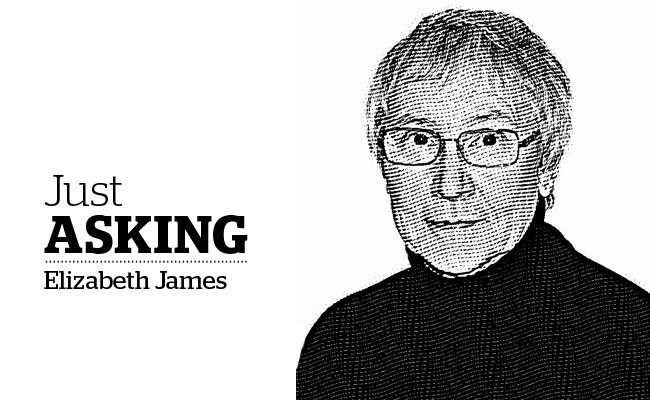“We sweep our sidewalks, decorate our windows, learn your names, recognize your children and provide you with personal service like nowhere else. We also employ your teenagers, your wives, maybe even your husbands. But all of this is changing…Our village is under siege.”
– letter to the North Shore News Dec. 2, 2015
This column about some of the unintended consequences of our modern-day purchasing behaviours was well underway when Sharyn Webber’s letter to the editor added another dimension and brought the discussion home to Edgemont Village, one of the best loved of North Shore neighbourhoods.
Owner of the 51-year-old Highland Optical, Webber was expressing her sadness at the loss of many of the small businesses that had helped to define everything a village should be – local, personalized and, above all, caring, unique and enduring.
Although her letter was couched in tones of regret, Webber and fellow Edgemont merchants and residents have every reason to feel betrayed.
As in too many other neighbourhoods throughout the Lower Mainland, they are betrayed by developers who treat heritage communities as cash cows and by local governments that encourage the rezoning that makes it all possible. Lacking, it seems, is any recognition of the half-century or more of taxes paid and other tangible contributions those businesses and homes have made to the community.
In the spurious name of “renewal,” little thought is given to our collective obligation to preserve history and pass it on intact to future generations.
How very sad that Webber felt constrained to lay the problem at the feet of each one of us who failed to prevent the desecration and write, “We made you love us. You came, you bought and you threw us away.”
Today, while many of us already bemoaned the fact that we were living in a throwaway society when it came to buying “things,” the term has become even more relevant to human beings – their homes, their security and their jobs.
So “buying” – or, more to the point, our buying behaviour – is where I revert to the original story:
Over the past few years, have you bought online because it was convenient, or in the U.S. because prices were lower in a society that lacks many of the public services we enjoy?
If so, let’s take a look at the possible consequences – locally and for the economy and society in general:
In August 2013, Industry Canada reported that between 2002 and 2012, small businesses with fewer than 100 employees accounted for more than 98 per cent of all firms in Canada.
More significantly, those firms created 78 per cent of all private sector jobs – 100,000 a year on average.
Although loss of jobs due to online or cross-border shopping affects all businesses, Sears being a recent example, small retailers are particularly vulnerable. In part that’s because they’re being hit from all sides: increasing business and property taxes; deep discounts by big-box competitors, transit lines that make it impossible for them to continue in business and, as Webber noted, the imminent danger that, with a stroke of a municipal pen, developers can just erase them.
Yet as one small retailer told me a few years ago, “Most of us already pay above minimum wage, so we can attract decent employees who care about our businesses and customers.”
So if online shopping continues to escalate, what will happen to you and me when those retailers fail for lack of business? What will happen to our society and its public health care and education programs if that 100,000 job creation gradually disappears?
Part of the answer is that we will watch a domino effect in play. Thousands of today’s economic contributors will become society’s dependents, income and purchase tax revenues will decline and the services those revenues support will either disappear or be turned over to the corporate sector whose first priority will be healthy dividends to shareholders. That situation is already at our doorstep. Health care and education costs use close to 75 per cent of our provincial budget.
There’s not much left over for infrastructure, care programs and everything else we take for granted.
Following the federal election, the mainstream media made much of those who scoffed that, if our new prime minister fulfilled all of his promises, the country’s debt would skyrocket.
Nothing much was said about the part we play in that scenario.
Fortunately, there is still time to turn things around – but only if we wake up and decide to become net contributors to a healthy economy. And that takes more than dollars; it takes caring about small businesses and suppliers throughout the province and being more assertive about repelling the dangers at their doors.
After all’s said and done, when “Buying B.C.” you are helping yourself to a kinder, gentler future.
After 16 years with the multi-disciplinary Perinatal Programme of B.C. and later in various endeavours in the growing high-tech industry, Elizabeth James now connects the dots every second Wednesday on local, regional and provincial issues. She can be reached via email at at [email protected].
What are your thoughts? Send us a letter via email by clicking here or post a comment below.



